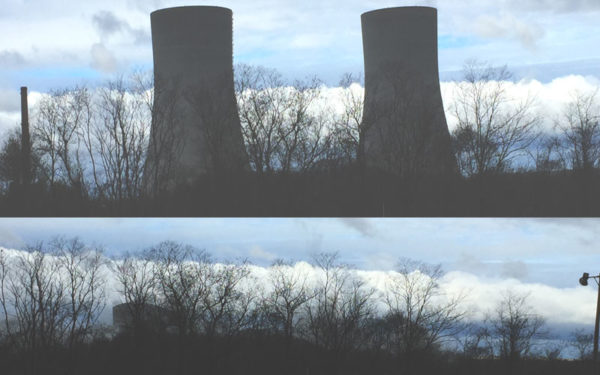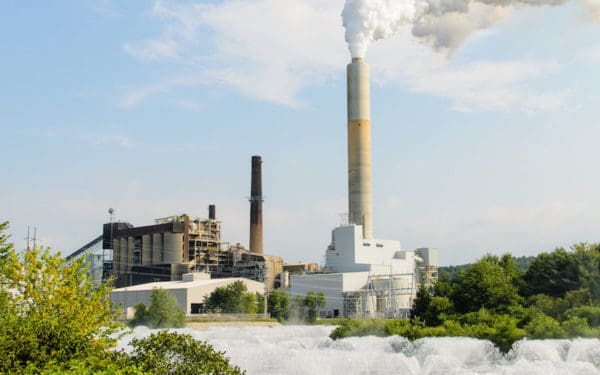A Grand Finale for Coal-Fired Power in Massachusetts
Brayton Point Station spewed toxic emissions for nearly 60 years. Today, the massive cooling towers finally came down, bringing us one step closer to the end of coal in New England.

Brayton Point Station spewed toxic emissions for nearly 60 years. Today, the massive cooling towers finally came down, bringing us one step closer to the end of coal in New England.

The 2050 Roadmap Act is a critical update to the state’s landmark Global Warming Solutions Act (GWSA). It will ensure Massachusetts’s nation-leading climate efforts remain tied to science while establishing a new framework for fairly and efficiently achieving our climate goals by 2050.

“You don’t often get to see concrete examples of the changes that we’ve been working on for decades,” Mahoney said. “You’re blowing up the towers that made it barely acceptable for that facility to burn coal.”
Boston is a quickly growing city, but not everyone is benefitting from that growth. Watch our video to learn more.

And in the event of a catastrophic spill, yes, Exxon will bear some costs. But the public will also be bearing a heavy cost. The families and businesses that will have oil and toxics flowing through their basements and into their homes, they will be bearing a cost. The taxpayers of the region, who paid billions to clean up Boston harbor, which is now a jewel of economic and urban rebirth here in Boston, they will suffer a terrible cost.
“Bernhardt’s nomination is more of the same from the Trump administration: Another lobbyist who cares only about enriching the fossil fuel industry,” said CLF President Bradley Campbell. “Bernhardt will undoubtedly open our oceans to offshore drilling and cause irreparable harm to our lands and waters. The senators who voted to confirm him ought to be ashamed.”

Roseann Bongiovanni is a lifelong Chelsea resident who has led significant environmental justice campaigns over more than 20 years. She is the Executive Director of GreenRoots, Inc., an organization dedicated to achieving environmental and climate justice for Chelsea and East Boston. CLF’s lawsuit against ExxonMobil passed a major milestone in March, which is a victory for… Continue reading Guest Post: Court Victory against ExxonMobil Gives Weight to Community Concerns

“It is imperative that we act now to drastically reduce our greenhouse gas emissions if we are to have any hope of avoiding the most catastrophic impacts of climate change,” said Sean Mahoney, Executive Vice President and Director of CLF Maine. “Replacing energy from polluting fracked gas plants with hydropower will reduce emissions at the scale necessary to make a difference in New England.”

Coal plants pollute our air and waterways, and one of the last remaining coal plants in New England – Merrimack Station in Bow, New Hampshire – is doing just that. That’s why CLF and Sierra Club have joined together to sue the plant in federal court, to end its ongoing harm to the Merrimack River.

“Mainers have a right to affordable, clean energy,” said Emily Green, Staff Attorney at CLF. “Strong solar policy helps create jobs, protects our environment, and can lower our energy bills. This bill puts the interests of residents and businesses first, and clears the way for Maine’s clean energy future.”
